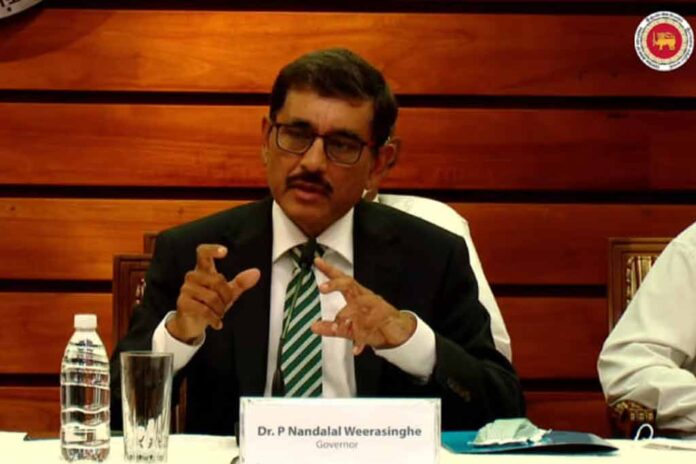By: Staff Writer
Colombo (LNW): Sri Lanka is urging China to share with other creditors the terms of its recent $4.2 billion bilateral debt deal, a step needed to help the bankrupt nation speed up the process of restoring its finances more than a year after it defaulted.
Sharing the information would ensure transparency and assure other bilateral creditors that they’re getting a comparable deal, Nandalal Weerasinghe, central bank governor, said on a panel Friday.
The request from Sri Lanka comes as it seeks to finalize a deal with its official creditor committee, co-led by Japan, India and the Paris Club, an informal and influential group of Western lenders.
The South Asia nation defaulted in May 2022 and owes more than $12 billion in overseas bonds, according to the government’s quarterly debt bulletin.
Sri Lanka’s debt restructuring is mainly driven by China’s limited experience restructuring distressed loans after its rise over the past decade to become the biggest bilateral lender to emerging markets, as well as a bigger role played by private creditors.
China offered assurances of bilateral support but declined to join the official creditors’ platform. This means that China will not negotiate a common debt restructuring plan for Sri Lanka with India, Japan, and the Paris Club.
Beijing’s decision is likely an outcome of two main factors, namely, geopolitics and the role of policy banks in loan restructuring.
Chinese policy banks are state-owned banks including Chinese Exim Bank and Chinese Development Bank were established to promote policy-oriented funding and lending.
They tend to achieve the objectives of a state such as financing infrastructure and basic industries, investing abroad, etc.
They play a crucial role in debt restructuring, depending on the autonomy accorded by the government.
China is Sri Lanka’s largest bilateral creditor. As of June 2022, it accounted for over 21 percent of Sri Lanka’s total outstanding debt, i.e. US$8.5 billion.
A majority of Sri Lanka’s borrowings from China are from the policy banks. To understand the role of policy banks in Sri Lanka’s debt crisis, it is vital to understand the crucial players involved in Chinese lending.
China’s decision has increased the complexities of Sri Lanka’s debt restructuring as failing to debt restructure might lead to the suspension of the current IMF assistance programme.

